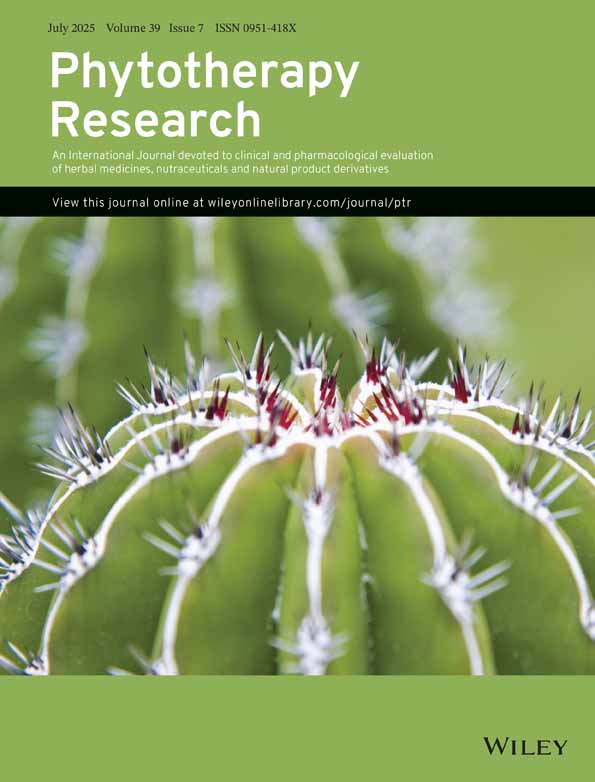Cordycepin suppresses TNF-alpha-induced invasion, migration and matrix metalloproteinase-9 expression in human bladder cancer cells
Abstract
Cordycepin (3′-deoxyadenosine), a nucleoside derivative isolated from Cordyceps militaris, reportedly has antitumor effects, but its effect on the regulation of matrix metalloproteinases-9 (MMP-9), which regulates invasion and migration by cancer cells, has not been clearly elucidated. Cancer cell invasion and migration was investigated using a Matrigel invasion assay and wound healing analysis in two different bladder cancer cell lines: 5637 and T-24. The results of the present study show that TNF-α-induced invasion and migration of cancer cells were inhibited by cordycepin. In addition, cordycepin inhibited TNF-α-induced proliferation in cancer cells, independent of the apoptosis pathway. Furthermore, the TNF-α-induced MMP-9 expression was suppressed by cordycepin, but MMP-2 expression was not. The inhibited MMP-9 expression by cordycepin was associated with a decreased promoter activity of the MMP-9 gene. Finally, cordycepin reduced the transcriptional activity of the transcription factors, nuclear factor kappaB (NF-βB) and activator protein-1 (AP-1), which were identified by gel-shift assay as cis-elements for TNF-α activation of the MMP-9 promoter in both bladder cancer cell lines. These results suggest that cordycepin maybe an effective therapeutic approach to treat bladder cancer. Copyright © 2010 John Wiley & Sons, Ltd.




